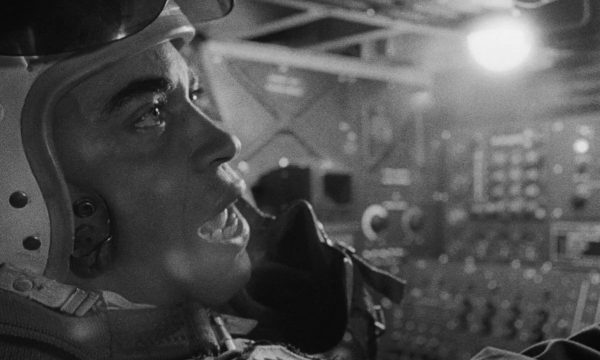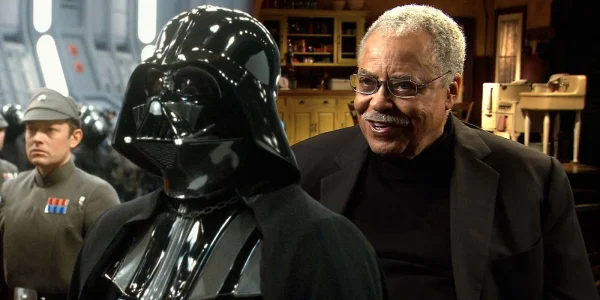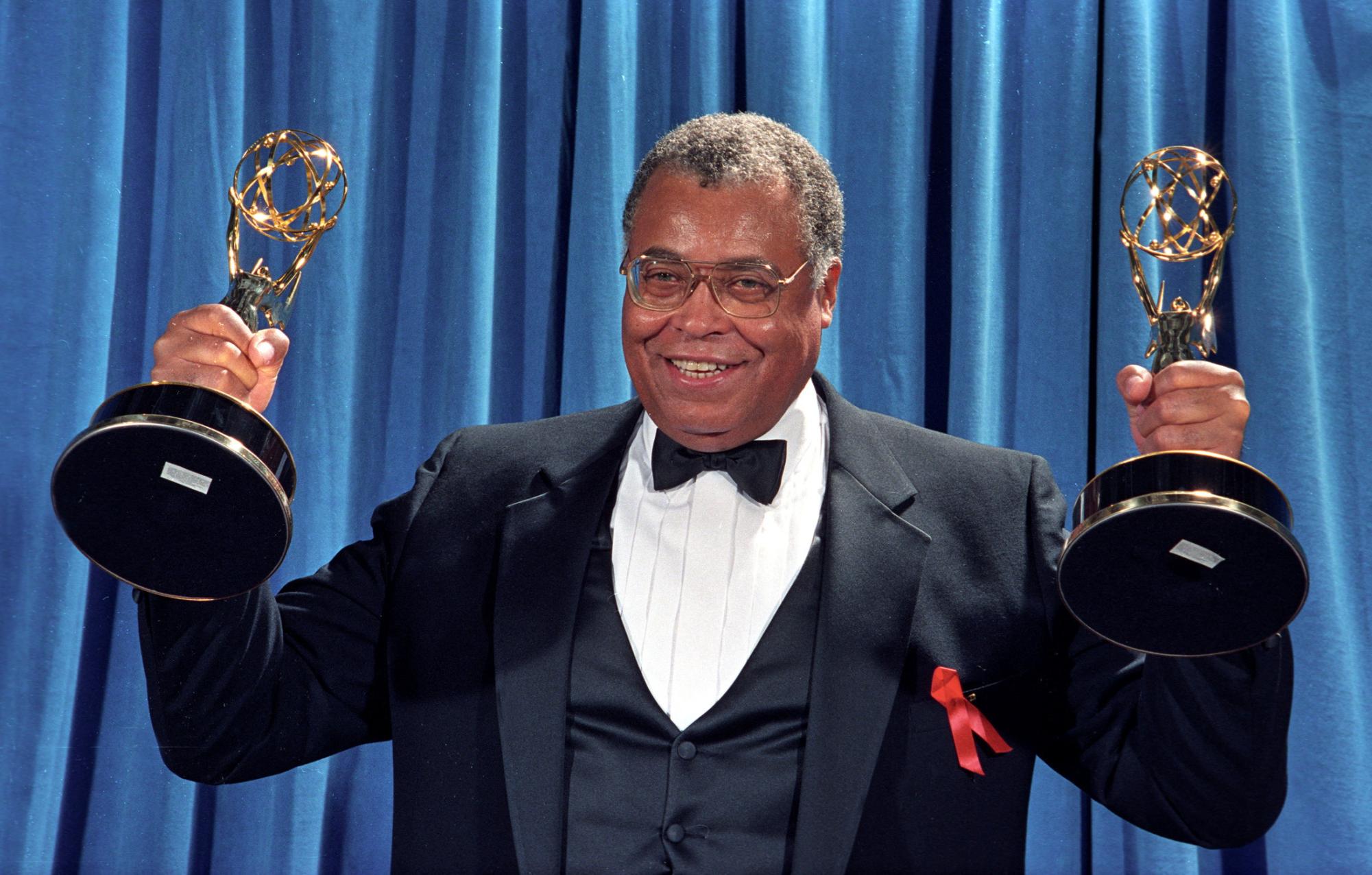In sad news for the cinematic world, legendary actor James Earl Jones passed away at the age of 93 in September. Some may know him as the actor breathing life into Darth Vader. Others may remember him as the regal, orchestral performer behind Mufasa. But for many of us, we’ll always remember him as the King of Hollywood.

Jones’ golden voice, however, didn’t possess its much-deserved glory during his childhood. At a young age, he suffered from a severe stutter, preventing him from speaking out in fear of embarrassment and ridicule from his classmates. After realizing he had spent years in high school with little to no progress, he took initiative by constantly reciting poetry aloud around his peers and his teachers in order to chisel his fears away. One poem after another, he began finding his confidence.
After kick starting his acting debut in Deep Are the Roots at the University of Michigan, Jones went on to be an understudy on Broadway and finally claimed his first film role in Dr. Strangelove (1964). He was immediately praised for his voice and demeanor. But most notably, Jones was noted for his stage presence that could not fully be captured by a 35mm video camera. Unfortunately, it was also his overwhelming charisma that forced directors to avoid putting him next to the protagonist. Their justification was that he would quite literally control the spotlight.
Beyond his influential roles in the Lion King and the Star Wars franchise, his eye-catching performances in Field of Dreams, The Great White Hope, and Heat Wave, led Jones to be one of the select few African American actors to have achieve the prestigious accomplishment of winning an honorary EGOT (Winning an Emmy, Grammy, Honorary Academy Award, and Tony Award).

But Jones didn’t solely take on film roles for entertainment purposes. Instead, he utilized his influence to empower entire movements. In The Great White Hope (1970) he played Jack Jefferson, based on Jack Johnson, the first African American heavyweight champion in America in 1908. The film’s portrayal of Jefferson’s victories in the boxing ring despite all of the odds against him–including discrimination and hatred–served to motivate the civil rights movement.
The late James Earl Jones’s tale is a symbolic representation of hope and perseverance. But while his chapter may have unfortunately come to an end in 2024, his star-studded legacy will live on forever. Rest in peace to James Earl Jones, the King of Hollywood.

